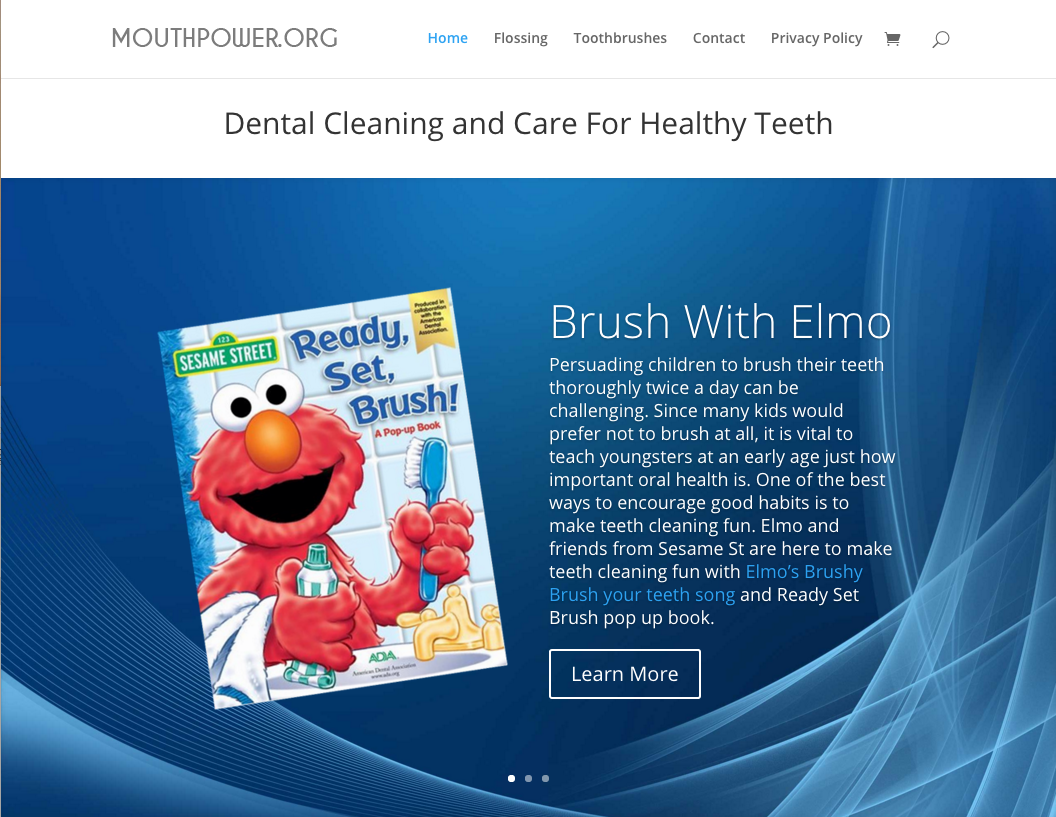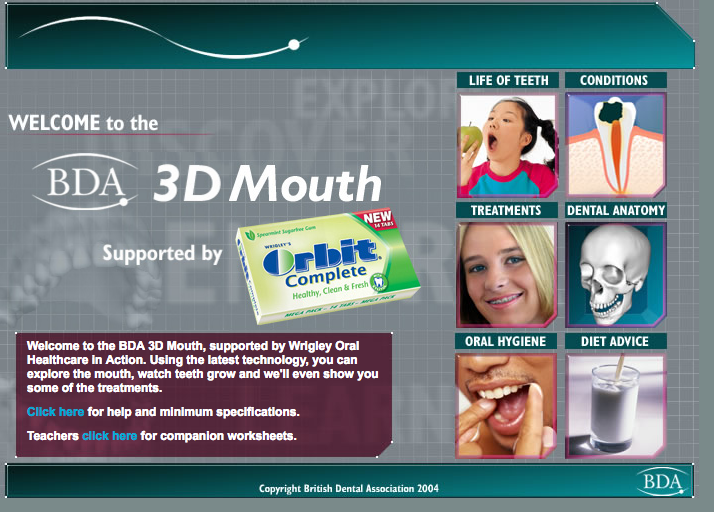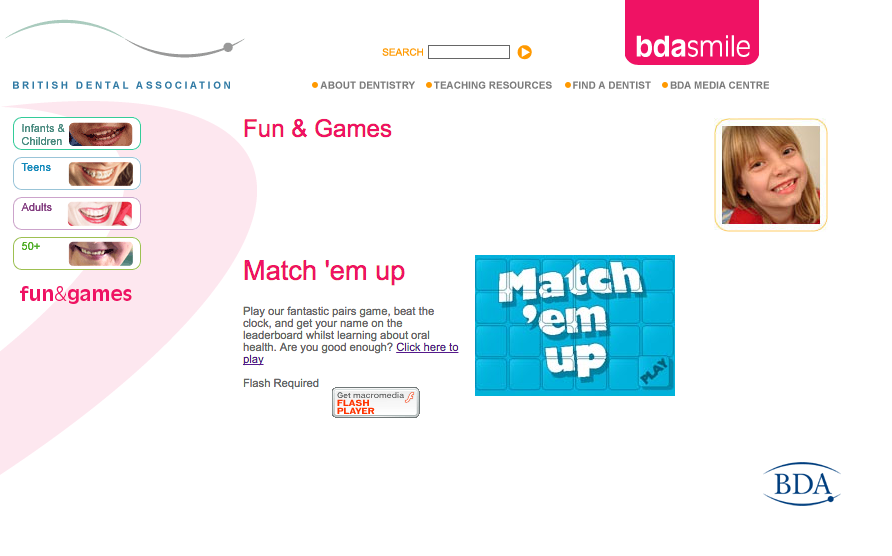Kids Zone
High sugar drinks and overweight kids?
It is very easy to get too many extra calories from pop and other sugar-sweetened drinks such as, fruity beverages, sport drinks and slush puppies. Think of these as “liquid sweets” as they are high in sugar content and have no nutrients.These sweet drinks or “liquid sweets” should only be offered to children as an occasional treat, especially when weight is a concern. Limit high sugar, non-nutrient drinks to only 1 cup (250 mL) per week.
Sugar content in common drinks?
Some healthy drinks naturally contain sugar but can be included in a healthy diet because they are high in important nutrients. Judge a drink by the nutrients it offers rather than simply the sugar content.
Are sport drinks necessary?
Sport drinks like Lucozade Sport are high in sugar and contain added sodium and potassium. For most children sport drinks are not recommended as a regular beverage. Water is still the best choice during and after exercise for most kids. Children who are young athletes however, may benefit from an occasional sport drink. Offer these if the athlete has been active for longer than an hour.
What about diet pop?
Diet pop contains no sugar and almost no calories. Only offer diet pop occasionally because it does not contain any nutrition for a growing body. It is also very acidic so is the most common cause of enamel erosion and sensitive teeth in children.
Does drinking pop affect the health of bones and teeth?
Pop contains acid, which can attack and weaken tooth enamel. Also, large amounts of pop can crowd nutritious drinks out of the diet including those that are rich in calcium and vitamin D such as milk, fortified soy beverages. All young children need to consume enough nutritious drinks to build healthy, strong bones and teeth.
How can I tell if my child is drinking enough fluid?
Children will usually drink when they are thirsty. The best way to tell if they are getting enough fluid is to look at the color of their urine. If it is dark yellow, they may not be getting enough fluid. Offer water, milk or other calcium and vitamin D fortified beverages more often.
Mouthpower (requires Flash player)
Explore the 3D Mouth (requires Shockwave player)
Match ’em up (requires Flash player)



